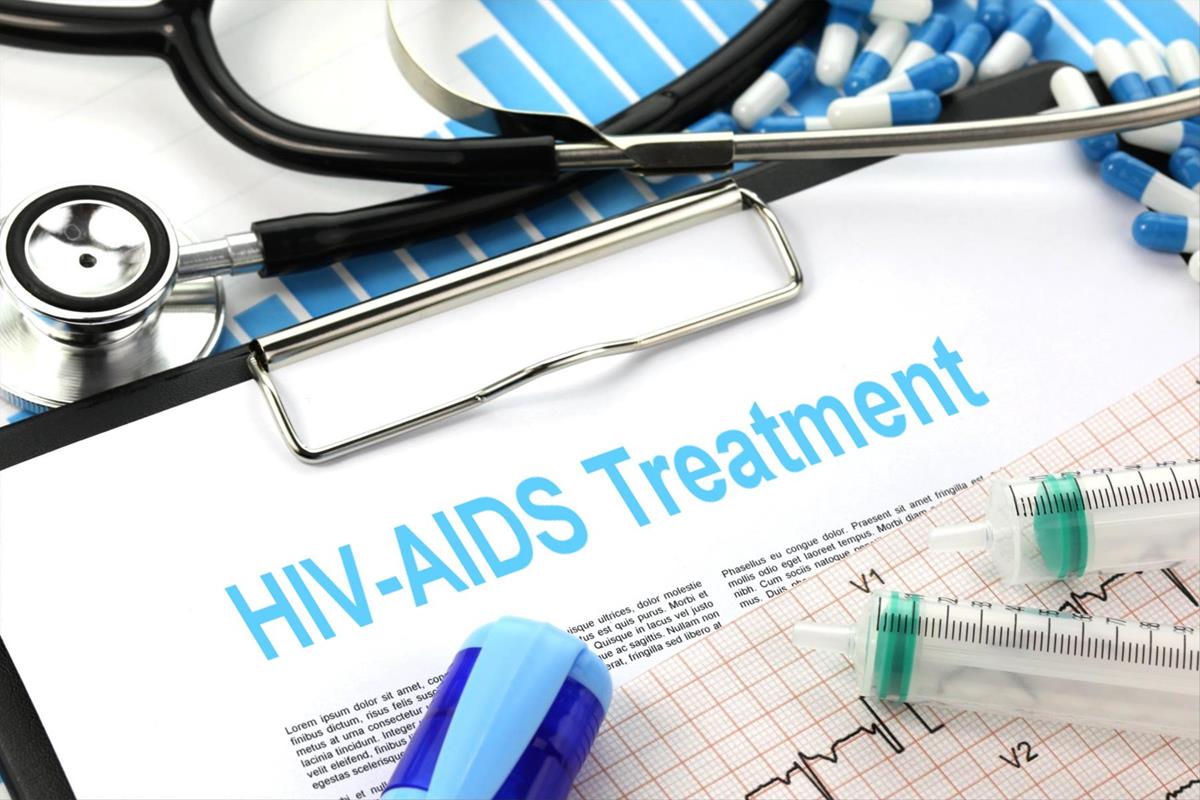

A national gathering of children living with HIV/AIDS has called on the government to include them in the Social Security Programme (SSP). The gathering, held a few days ago in the federal capital, concluded with the issuance of the Kathmandu Declaration, advocating for their inclusion in the SSP.
While the State ensures the participation in the SSP of people from indigent communities, single women, senior citizens, and persons with disabilities, it overlooks HIV/AIDS-infected children.
The gathering estimated that fulfilling this demand would incur an additional financial responsibility of Rs 63 million annually to the state cofferes, approximately 3.6 percent of the Child Protection Fund. They called for putting to an end all forms of violence, prejudices, taboos, and discrimination against HIV/AIDS-infected children, emphasizing the protection of their rights and interests.
The declaration underscores the need for more effective implementation of legal provisions in favor of children and raising awareness about child rights in society.
Additionally, the gathering demands that the government include HIV/AIDS-infected individuals up to 20 years of age in the SSP, provide more opportunities for their higher education, and prioritize them in employment opportunities.
The declaration urges the government to introduce special legal provisions for orphaned children and those whose parents are unidentified and being deprived of birth registration, their legal recognition, and providing them with citizenship on the same ground, ensuring their access to the State’s facilities.
Key demands presented at the national event include the establishment of an integrated child-friendly ART center, addressing the side effects of antiretroviral (ARV) medication and availability of reproductive and mental health facilities, and skill enhancement, relationship counseling, and career guidance for HIV/AIDS-infected children.
The declaration reads, “Children and youths are future. Dreams of HIV infected children and youths should not be described by HIV. We are committed to make HIV infected children a capable citizen contributing in country’s socio-economic prosperity. ”
A total of 28 HIV infected children from seven provinces had participated in the gathering, mentioned a press release issued by programme manager of YKP Lead Nepal, Pooja Kunwar.
Discussion was held on various issues including service, facilities, opportunities to be provided by the state and service and facilities the state has been providing so far for the overall development of HIV infected children in the gathering.
Most of the HIV infected children have lost father or mother or both due to HIV/AIDS related diseases. “Most of us have been living our life in extreme poverty and difficulties. We have no enough economic sources for the arrangement of food, accommodation, education, health, employment and opportunity required for basic needs. We are not able to spend money for regular treatment and medicine of HIV/AIDS related diseases”, reads the declaration.
Participants in the gathering expressed grief saying, “We are facing insult, discriminatory behaviours by the society due to HIV. Such behaviours have made negative impacts on self-esteem of many children like us. There is compulsion to do works for the livelihood of their family and elder brothers and sisters even we have low capability to work.”